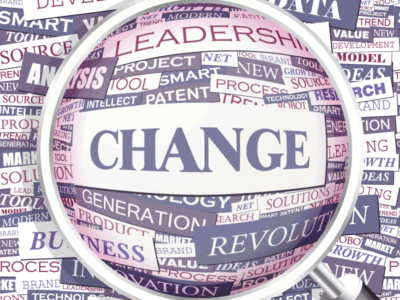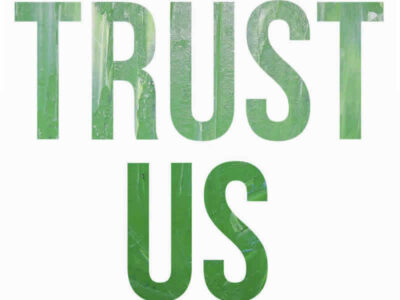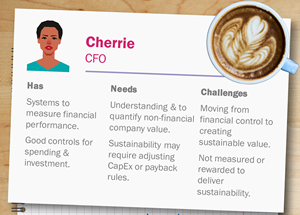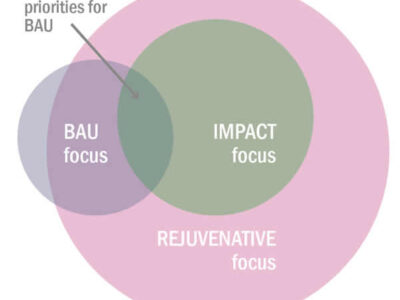Reputation risk and sustainability – who do you work with?
Reputation is widely regarded as one the most valuable assets of an organisation. Sustainability can also be an important contributor to both reputation and several dimensions of business value.
In this article we explore different dimensions of reputational risk, how it might be affected and how you can protect it.












